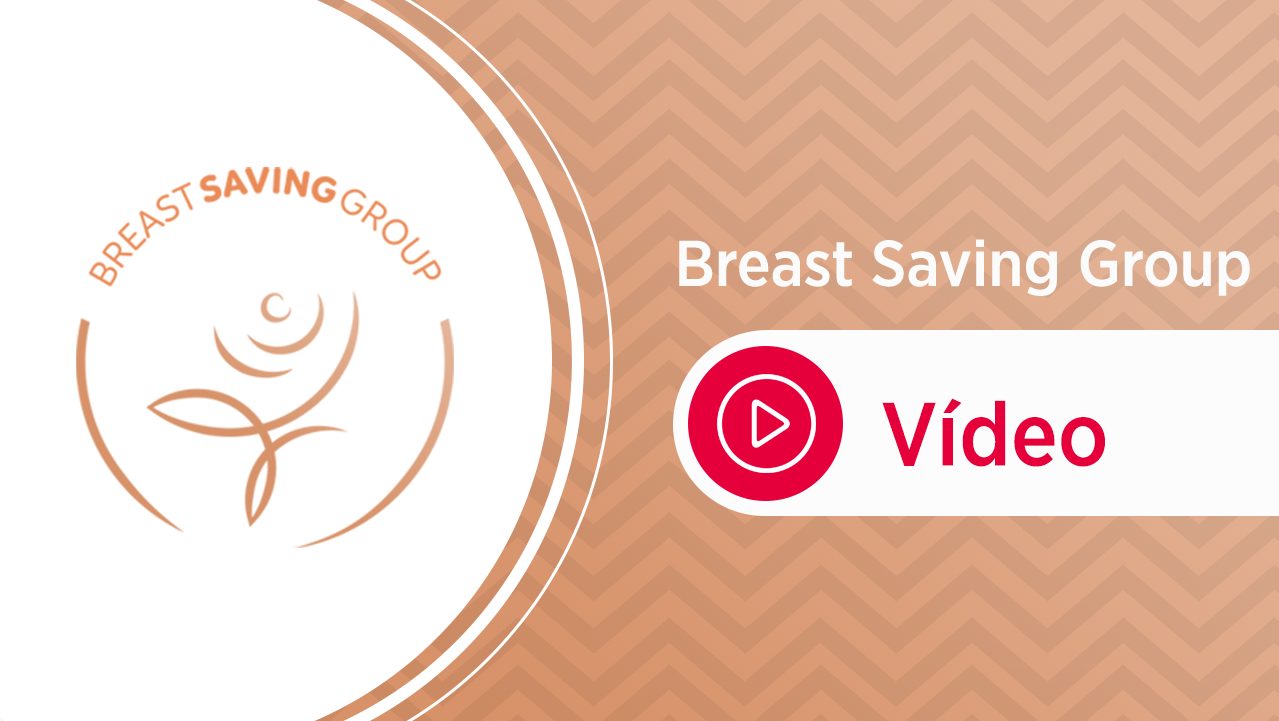Artigo
Clinical relevance of clinical treatment score post-5 years (CTS5) in HR-positive, HER2-positive breast cancer
Abstract
There is currently no reliable predictive tool for late recurrence in hormone receptor (HR)-positive, human epidermal growth factor receptor 2 (HER2)-positive breast cancer. This study aimed to explore the potential of the clinical treatment score post-5lyears (CTS5) as a predictive tool for long-term survival beyond 5 years in patients with specifically HR-positive, HER2-positive breast cancer. We collected patient-level data from the HERceptin Adjuvant (HERA) (BIG1-01; ClinicalTrials.gov identifier: NCT00045032) trial. Our investigation focused on assessing the risk of late distant recurrence (DR) and overall survival (OS) according to the CTS5 risk score as continuous value and CTS5 stratification risk groups. A total of 1,818 patients with HR-positive, HER2-positive breast cancer were included in this analysis. The CTS5 score, as a continuous variable, emerged as an independent prognostic factor for both late DR (adjusted HR, 2.05; 95% CI, 1.63-2.58; P<0.001)and OS (adjusted HR, 2.02; 95%CI,1.58-2.58; P<0.001), respectively. In addition, multivariable analysis showed a significant association between the high-risk group and adverse outcomes in late DR (adjusted HR, 2.76; 95% CI, 1.84-4.13; P<0.001) and OS (adjusted HR, 2.44; 95% CI, 1.59-3.73; P<0.001) compared to low/intermediate group. Consistent results were observed, regardless of age or administration of HER2-targeted therapy. CTS5 is a useful prognostic tool for predicting late DR and OS in HR-positive, HER2-positive breast cancer patients. Extension of endocrine therapy should be actively considered in patients with CTS5 high-risk group.
Compartilhar em:
Comentários
0
Conteúdos Relacionados
Comentários
Deixe um comentário Cancelar resposta
Você precisa fazer o login para publicar um comentário.








